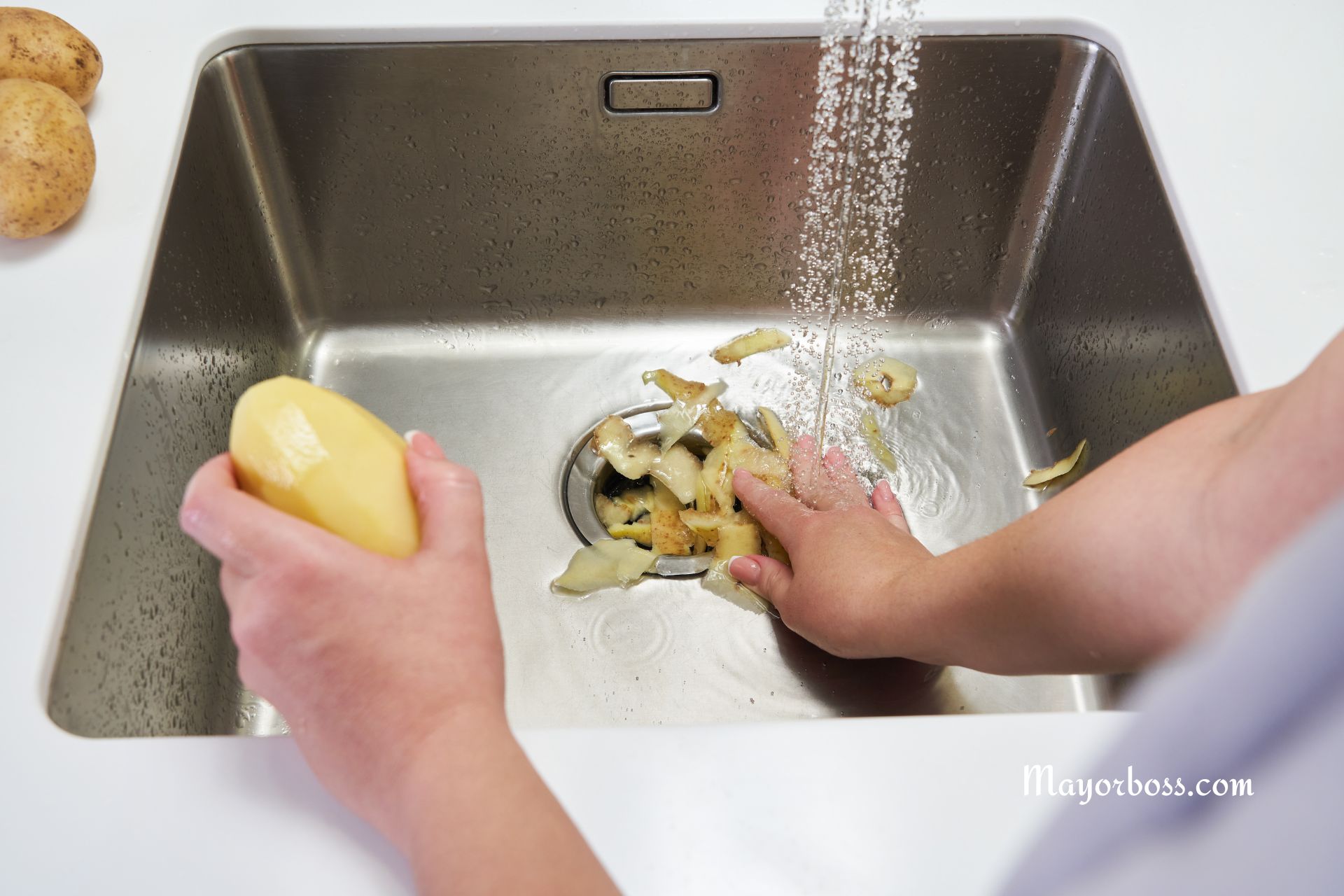15 Bad Habits That Are Damaging Your Appliances
Your appliances are essential to your daily life. They cook your food, clean your dishes, and keep your home comfortable. Appliances represent a significant investment, and when they break down unexpectedly, they disrupt your life and force you to shell out hard-earned cash.
Luckily, many common causes of appliance failure are preventable. Here are 15 seemingly harmless habits that are shortening the lifespan of your appliances, along with ways to break those habits and increase the longevity of your machines.

Kitchen Hazards
- Ignoring refrigerator and freezer buildup: Frost and ice accumulation reduce efficiency and shorten your refrigerator and freezer’s lifespan. Defrost your freezer regularly if you don’t have a frost-free model. A cluttered fridge impedes airflow, making the appliance work harder. Avoid overstuffing shelves and drawers to keep your fridge running smoothly.
- Using hot water in the garbage disposal: Contrary to popular belief, hot water melts grease, causing it to congeal further down your pipes and damage your disposal. Always run cold water when using the garbage disposal to help move solids effectively and prevent damage.
- Overloading the dishwasher: Loading more dishes than your dishwasher can handle will result in poorly cleaned dishes and put undue stress on the motor and washing mechanisms. Always refer to your dishwasher’s manual for proper loading techniques.
- Slamming the oven door: Even if you’re in a hurry, take a moment to close the oven door gently. Over time, hard slams damage the hinges and seal, allowing heat to escape and compromising your oven’s performance.
- Neglecting cleaning: Whether it’s crumbs on the stovetop or grease splatters inside the microwave, a little cleanup goes a long way. Not only is cleaning your appliances more hygienic, but it also ensures these spills don’t become baked-on messes that lead to wear and tear over time.
Laundry Room Pitfalls
- Forgetting to empty pockets: Coins, keys, and other pocket debris can end up in the washing machine, clogging filters, scratching the drum, and damaging delicate fabrics. Empty pockets before tossing clothes in the laundry hamper.
- Overloading washing machine and dryer: Similar to dishwashers, overloading either of these appliances will make them work harder, impacting their performance and longevity. Stick to the manufacturer’s recommended load sizes.
- Neglecting the dryer lint trap: It should go without saying—you need to empty the dryer lint trap after every single load. This is to ensure peak performance and, more importantly, to prevent an extremely serious fire hazard.
- Leaving wet clothes in the washing machine: This is a breeding ground for mold and mildew, leaving foul odors in your washing machine and possibly on your clothes. Promptly remove clothes and leave the lid open slightly to allow the interior to dry.
Home Comfort Culprits
- Neglecting HVAC filters: Dirty filters impede airflow and make your heating and air conditioning systems less efficient, but they also create dust build-up that can compromise internal components. Get into the habit of changing your HVAC filters regularly according to the manufacturer’s directions.
- Ignoring minor issues: A strange noise coming from your refrigerator or the slight burning smell from your toaster won’t go away on its own. Minor problems often progress into major headaches. Address small concerns as soon as they arise to avoid expensive repairs later.
- DIY repairs you’re unqualified to handle: It’s admirable to try and save a few dollars, but electrical work, HVAC repairs, and fixing internal appliance components are often jobs best left to the professionals. Incorrect repairs can void warranties and potentially worsen the problem.
FAQs
Q: Can using generic cleaning products damage my appliances? A: Sometimes. If unsure, always consult your appliance’s owner’s manual for recommended cleaners. Harsh chemicals can degrade some plastics and finishes.
Q: My refrigerator coils are underneath—do I still need to clean them? A: Yes! Use a brush attachment with your vacuum cleaner once or twice a year to remove dust and pet hair, helping keep your refrigerator running efficiently.
Q: Are there general preventive measures to extend the lifespan of all appliances? A: Definitely! Keeping appliances clean, not overloading them, using the correct settings, and not ignoring signs of trouble all contribute to a long appliance life.
